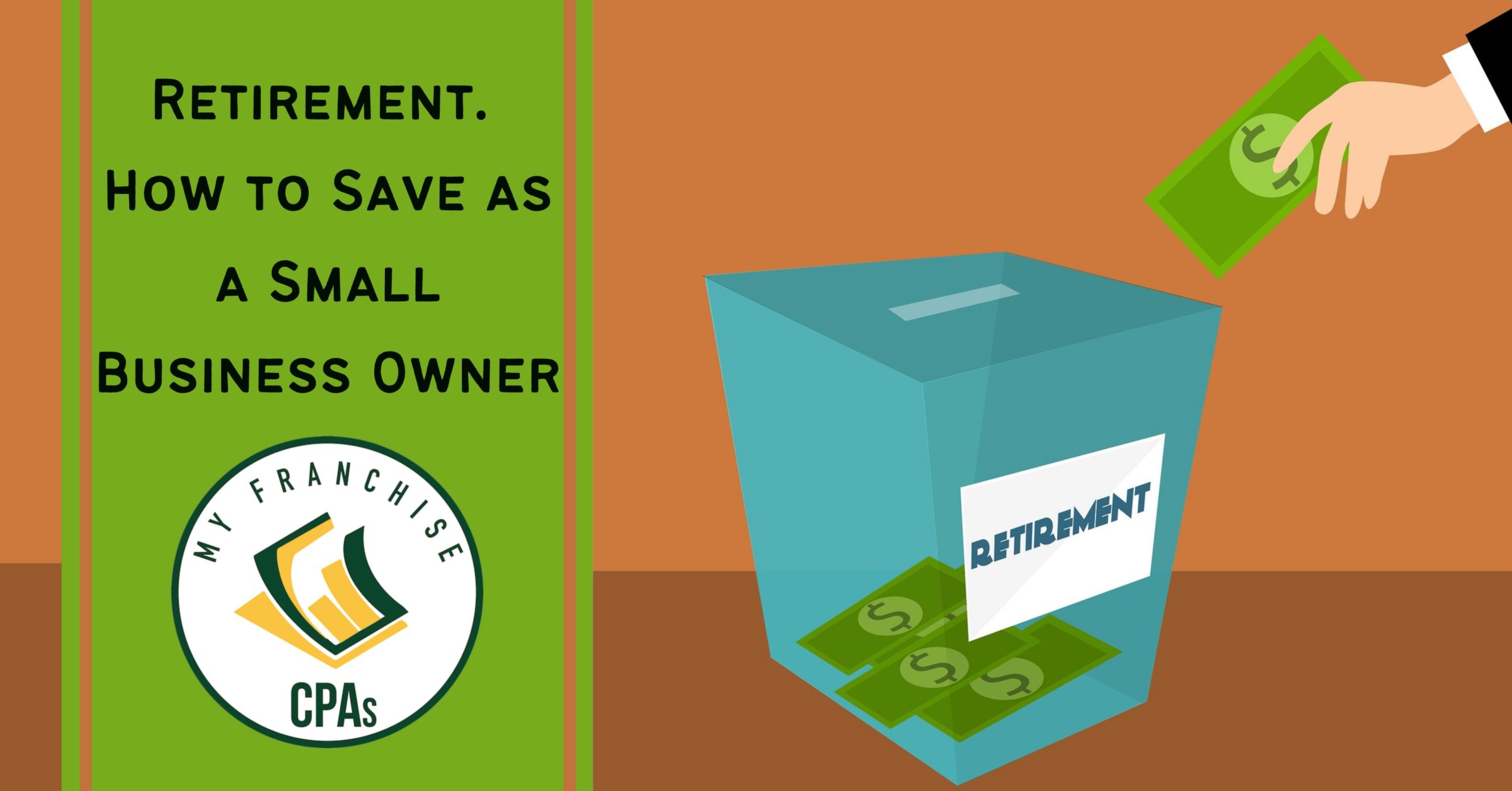

Learn how to manage self-employed retirement plans to secure your future business endeavors.
As a small business owner, you are responsible for your retirement and possibly your employees’ retirement benefits. Retirement is the only way to secure a guaranteed stream of income after you stop working. If you have children, planning for college expenses and inheritance is also critical when planning your budget. It’s important to forecast these expenditures whenever you are starting a new business. These long-term, costly benefits often take time to accrue, so begin designing your retirement plan today.
The goal is to have enough business revenue to cover retirement, your children’s college, and a form of inheritance. To find out just how much your self-employed retirement will cost, try NerdWallet’s self-employment retirement calculator . Since you are your 401(k), this number might be alarming. Adding in college and inheritance might seem overwhelming . Don’t fret. Fast track your growth potential by focusing on building wealth as a franchise . Your business has the potential to offer you and your family security. It might just take the appropriate investments.
Visit National Life Group’s self-employment retirement calculator to learn about your contribution requirements. Once you have found out how much you need to contribute to your retirement, you can embark on investment opportunities. There are several options when choosing to invest in your retirement.
Self-employed retirement plans are investments that keep your retirement secured and on track. Running a small business can be hectic and time-consuming. However, not isolating your retirement funds can lead to forgetting to make payments towards that account. Self-employment retirement plans can help by organizing your funds and keeping them in a secured location.
NerdWallet explains the five most common types of self-employed retirement plans.
1- Traditional or Roth IRA (Individual Retirement Account)
Traditional or Roth IRAs are generally savings plans where tax deductions may be available. You can start an IRA at a bank or financial institution, a life insurance company, a mutual fund, or a stockbroker.
2- Solo 401(k)
Solo or individual 401(k) plans are typical 401(k) plans for self-employed business owners that do not have employees.
Self-employed employee pension plans focus on retirement benefits for employees. This plan is typically easy to set up and requires a 25% contribution from your employee’s pay.
4- Simple IRA
A Simple IRA is a savings matching plan. This plan allows your employees to choose to match the employer’s contribution.
5- Defined Benefit Plan
A Defined Benefit Plan is a contribution account based on your developed contribution model. Typically for higher contributors. This type of self-employment retirement plan has fewer brokerage options.
Essentially, the self-employment retirement plan options available curtail their guidelines to fit your small business needs. An IRA is great for those small business owners that want flexibility in their saving requirements. The Simple IRA is great for business owners to allow their employees flexibility. A solo 401(k) for small business owners is an excellent option if you want to maximize your investment and have a lot of money when business is booming and stagger payments during downtimes.
Your SEP IRA retirement plan will act the same way. You have the flexibility of choosing when to invest and when not to invest. Each saving route comes with its stipulations and guidelines. Fidelity offers an even more detailed outline of these small business owner retirement strategies and what they offer your small business.
It’s crucial to understand the advantages of each self-employed retirement plan before investing. The retirement firm, Vanguard, has created a small business retirement comparison chart to detail the SEP IRA, Individual IRA, and the Simple IRA benefits. Start by deciding who will need to be covered and who will contribute. Then investigate the withdrawal, loans, and payment options that will fit your needs.
Many small business owners are choosing to take complete control of their assets by investing in cryptocurrency. Crypto is digital money that you can use over the internet . Insider explains that staking your crypto is a financial investment that results in rewards and savings.
It is still too risky to invest 100% in crypto for your retirement, but investing in some form of digital currency is a must. It’s important to note that you should stay away from meme coins and invest only in crypto that you can stake or earn interest, and that has a real-world utility.
Crypto investing is equally available for anyone that has a smartphone or internet access. Buying crypto and holding on to it for years has the potential for thousands of dollars worth of growth. If you have a hobby that can turn into an NFT, get creative and earn some ETH and stake it.
Forbes explains that as a small business owner, you have the option of a crypto retirement in Bitcoin IRA . A crypto IRA diversifies your investment returns, giving them significant hiring earning potential.
As a small business owner, it’s important to think about retirement and other pricey expenses. When you stop working or send your child to college, you want to be prepared. Lenders have made self employed retirement plans a seamless means to security. Don’t let time slip by, time is money, plan your retirement today!
* Please note, we are not investment advisors. If you are unsure about anything in this article, please consult with a professional financial advisor.

If we’ve already helped you we would love a Google review!